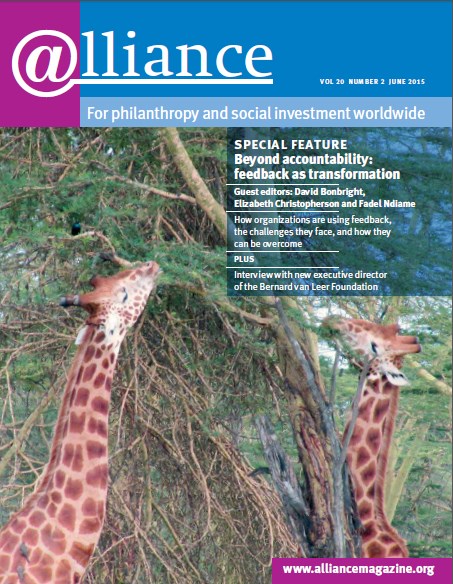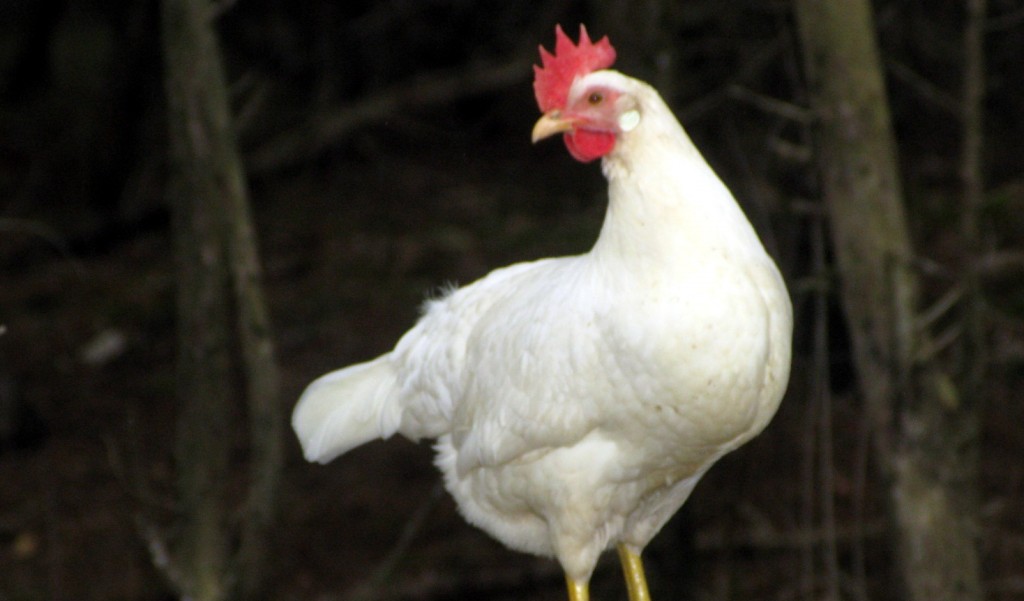If we want to promote feedback as an integrated and essential tool in the shed of social impact, ranged above the workbench with the screws of social investment, the hammer of the RCT and the rose-coloured goggles of good intentions, we need to start thinking clearly, and keep thinking clearly, about what it can and can’t do for us.
Firstly then: kettles.
 Customer feedback is good at finding out our opinions of kettles. We freely share these opinions in the forums at our disposal. We do so with care and precision. Here‘s a nice example:
Customer feedback is good at finding out our opinions of kettles. We freely share these opinions in the forums at our disposal. We do so with care and precision. Here‘s a nice example:
‘I am very disappointed with this kettle.
‘For a start, it takes ages to switch off after boiling. Secondly, it doesn’t switch off when you lift it, so it boils dry if you pour the water and then put it back on its base without switching it off manually. Lastly, it’s impossible to empty the kettle fully through the spout.’
Those are excellent and detailed criticisms to which the kettle manufacturer can respond by apologizing to its customer David H and then testing and improving its product.
Things are not so simple with the delivery of social services (in the broad sense). Typically when this is talked about in circles social and philanthropic, the difference is ascribed to an unwillingness, or perhaps an inability, on the part of service users to express criticism effectively. Too much is at stake. There may be a fear that even an inadequate service may be withdrawn. While this may be true, it is also a jump from criticism of the item – kettle or social service – to the user’s psychological response to it. This is not a jump that we make in kettle usage, even though a psychological response naturally exists.
I want to argue that this is not only because that psychological response is less significant in the case of the kettle. This isn’t only a question of degrees of need. It is a question about forms of knowledge. I want us to go back to the thing itself.
Why is a service conceptually unlike a kettle? It is unlike a kettle because it is – in most cases – unfamiliar.
‘Just as we know a robin is a bird, David H knows that his model isn’t much of a kettle.’
There’s a theory in cognitive science called prototype theory and it’s useful in disentangling kettles from services. Prototype theory says that we form categories by referring to typical representative members of groups. So the category bird, for instance, revolves around degrees of birdiness that circle a prototypical central bird. When asked whether an entity is a bird, it takes far less processing time for us to identify particularly birdy birds, which turn out to be robins and sparrows, than marginal birds like chickens.
Within each category there is a series of features and these add detail to the prototype. Kettles have nice clear features. We probably expect a prototypical kettle to look a certain way but importantly we also expect it to boil water and pour it out. David H’s model decisively fails the test of providing suitable kettliness in both these ways. It is therefore a failed product. It isn’t necessary for David H to do any analytical work before providing his useful feedback to the manufacturer. Just as we know a robin is a bird, David H knows that his model isn’t much of a kettle.
What are the equivalent salient features of the kinds of services provided as part of social ventures? This is much less clear.
Even when providers deliver services within a fairly clearly defined area – school inclusion, say, or ex-offender support – an underlying prototype is rarely self-evident and interventions may differ radically. Even when a model of care is relatively clear to professionals, as in many medical interventions, this prototype is likely to be totally unfamiliar to the first-time user, think for instance of first-time mothers using midwifery services.
This means that there is a logical difference between the kind of feedback that most of us can give as customers and the kind we can offer as users of services. We need to remember this when we design our feedback systems and make space in our questions and in our analysis for people’s growing realization of what they can and should reasonably expect from the service on offer. We need to realize that our kind of feedback demands much greater processing effort. To put this in prototypical bird terms, it is a chicken, not a robin.
Genevieve Maitland Hudson is a researcher and consultant. She works with the consultancy Osca. Email gmhudson@osca.co









Comments (0)